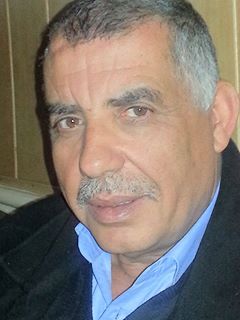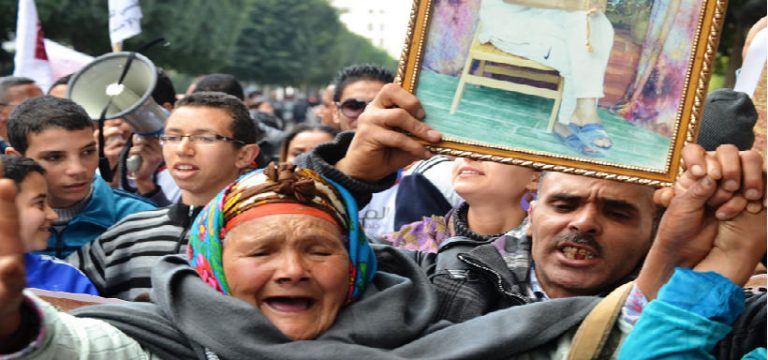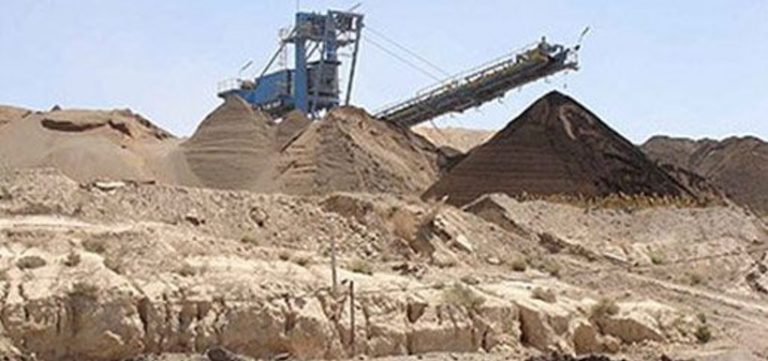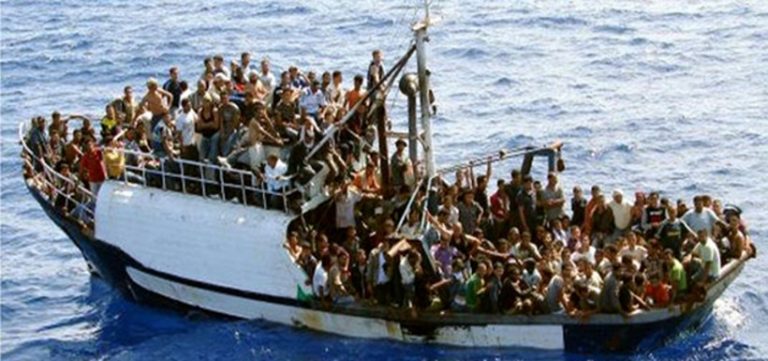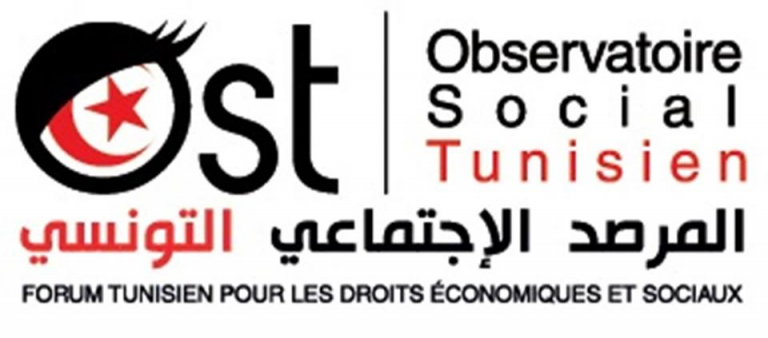DECLARATION OF MESSAOUD ROMDHANI
UPR PRE-SESSION ON Tunisia, GENEVA, 5 AVRIL 2017
- Presentation of the Organisation
This statement is delivered on behalf of a civil society coalition composed of the The Tunisian League for the Defense of Human Rights, The Tunisian Forum for Social and Economic Rights, The Tunisian General Labor Union, The Tunisian Association of Democratic Women and The Association of Tunisian Women for Research on Development. Sponsored by the Cairo Institute of Human Rights Studies (CIHRS) and Euromed Rights.
The statement addresses the following issues: the right to work, the right to fair and just conditions of work, the right to education, and the right to healthcare
- Right to work and fair and just conditions of work
- Situation
Social inequality, unemployment and regional disparities were at the origin of six-month long Mining Region Revolt in Gafsa in 2008 through to the outbreak of protests in Sidi Bouzid on 17 December 2010.
But more than six years after the revolution, the demands of social justice, youth employment and regional equity are still to be realized. Until now, the wealth gap between the impoverished interior of the country and the coastal area is sparking protests.
The continual neglect of those disadvantaged areas where unemployment rates are often more than twice the national average could put at risk the democratic gains and create the breeding ground of extremism.
Regarding economic and social rights, women and young people are the first to be affected. When the overall rate of unemployment is 15.4%, it reaches 22.2% for women and 31.2% among university graduates.
Equal pay between men and women is often too far to reach. For instance, the salary gap between women and men in the agricultural sector can reach up to 50%.
Working conditions need to be improved. There are currently 41.000 work-related accidents and there is no national roadmap that would enforce hygiene and safety standards.
- Recommendations
In this context, we urge the government the following recommendations to be made to Tunisia during the UPR:
- Apply the principle of positive discrimination enshrined in the Constitution in favor of the economically marginalized regions;
- Reactivate the national plan for the promotion of rural women;
- Translate the constitutional principles of gender equality into a coherent national legislation;
- Increase the minimum wage
- Ratify the ILO conventions N° 155, 161, 187, 189 and 102 to improve the conditions of workers
- Right to Education
- Situation
The difficult living conditions in certain rural areas do not provide an enabling environment for students. School dropout rates are alarming: more than 100,000 children drop out of school every year , that is about 10% of them.
The ratio of students enrolled in the first cycle of primary education having attended pre-school programs amount to around 80%, which is a steep improvement compared to 2009. However, it is much lower for marginalized regions. As an example, it is only of 45% in Kasserine. As a result, the illiteracy rate in Tunisia is still high: 18.8%, and 25% among women.
We also witness a steady increase in private schools, which can hinder the State’s ability to guarantee the right to education for all its citizens, and can create a two-gear school system, where well-off social classes turn to private schools with more resources.
Overall, the quality of education is not satisfactory, as Tunisia ranks poorly compared to international standards. Among the 65 countries audited in The Program for International Student Assessment, Tunisia ranks 56th in reading, 60th in math and 55th in sciences.
- Recommendations
- Ensure public schools can provide quality education, to fulfill goal n°4 of the Sustainable Development Goals
- Establish a fairer « school map » which would take into account the needs of all students, and improve transport conditions for students and teachers alike, especially in marginalized areas
- Make preschool programs mandatory, accessible and free across the country
- implementation a National Adult Literacy Plan that would aim at eradicating illiteracy by 2030
- Situation
The lack of healthcare coverage prohibits entire segments of the Tunisian population to access healthcare. Currently, 2 million people, mostly working in the informal sectors of the economy, do not have any coverage. They are forced to either pay high prices or give up receiving care. On average, households bear 40% of the overall national spending on Healthcare.
The disparities in healthcare between the coastal regions and inland regions, and between urban and rural areas, are central to the lack of healthcare access and the limited performance of the healthcare system in Tunisia. Furthermore, the deterioration of health services, lack of resources and medical staff in local clinics and first-line centers, hinder the care of low-income citizens and lead to particularly substandard local services, especially in rural areas.
These disparities are illustrated in life expectancy, which is at 74.5 years nationwide. However, it does not exceed 70 years in the governorate of Kasserine, while it reaches 77 years in the governorate of Tunis.
Child mortality rates also show a wide gap between regions. It stands at 12,2/1000 in urban areas, and doubles at 24,6/1000 in rural areas.
Access to appropriate medication is also an issue. Medicine accounts for 40% of the overall spending on healthcare. However, since public institutions are under-funded, public-subsidized medicine cover only 50% of the needs to fight chronic diseases.
The Health sector is also known to be one of the most corrupt sectors (67% of Tunisian citizens think so)
- Recommendations
- Reduce regional inequalities by strengthening first-line healthcare services
- Strengthen the legal framework and extend coverage to enable universal access to healthcare,
- Universalize access to the essential medication
- Implement a strategy to fight against corruption in the health sector
- Migration and Asylum
The legal framework on migration is insufficient and in many cases, discriminatory. Migrants in irregular situation face imprisonment and even arbitrary deportations. In December 2016, 10 migrants from sub-Saharan countries were illegally deported to the Algerian border. Migrant workers are in dire need of protection.
- Adopt laws on migration in conformity with international treaties ratified by Tunisia and combat all forms of discrimination, racism, and exclusion of migrant populations in Tunisia.
- Set up the necessary administrative measures and legislative provisions to regularize the situation of migrants, who are in an irregular situation in Tunisia.
- Ratify the conventions of the International Labor Organization, n°97 and n°143 pertaining to migrant workers, and the UN International Convention on the Protection of the Rights of All Migrant Workers and Members of Their Families.
- Set up an effective asylum system based on respecting human rights and applying the principle of non-deportation.
GDE Erreur: Erreur lors de la récupération du fichier - si nécessaire, arrêtez la vérification d'erreurs (404:Not Found)

